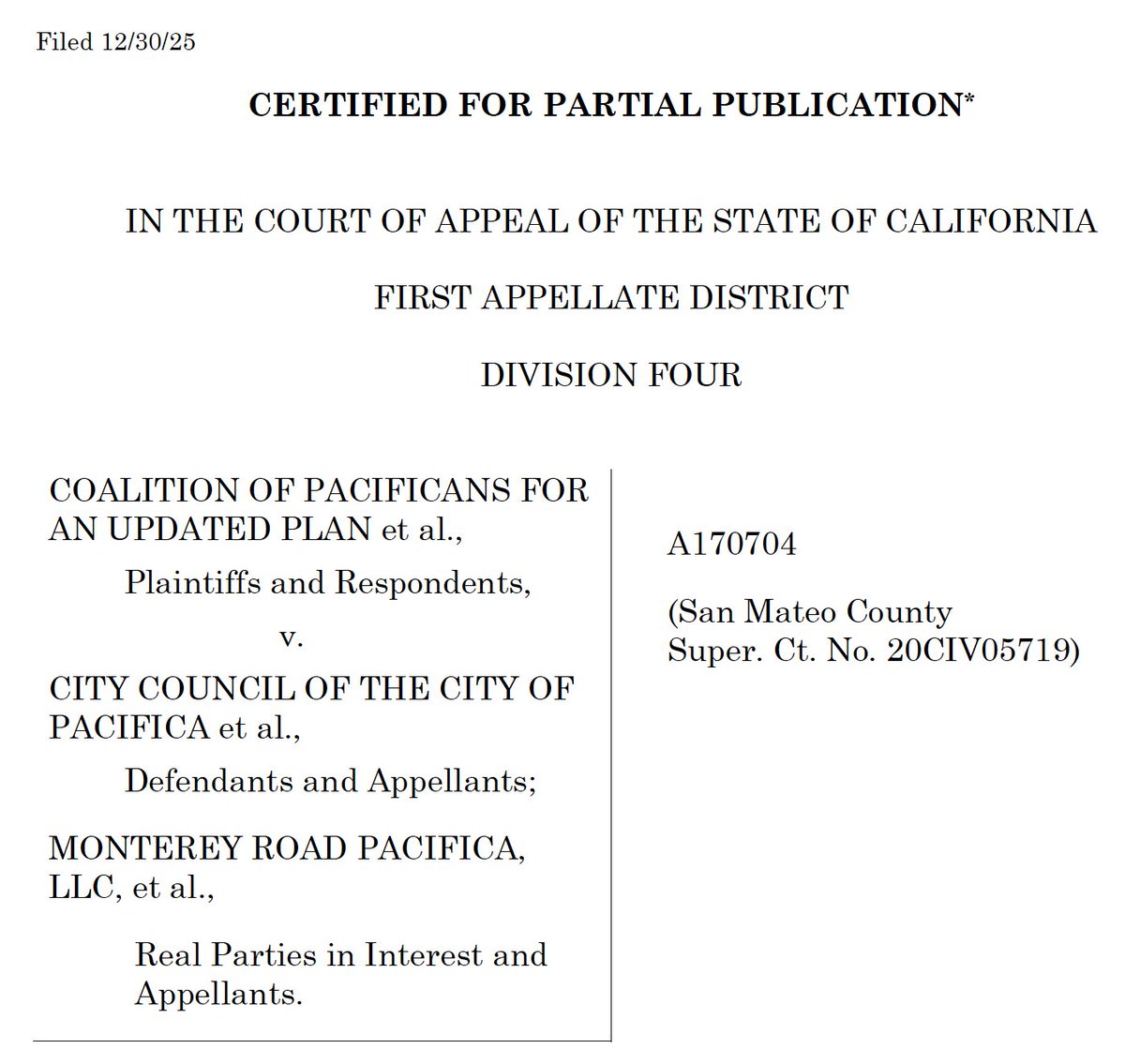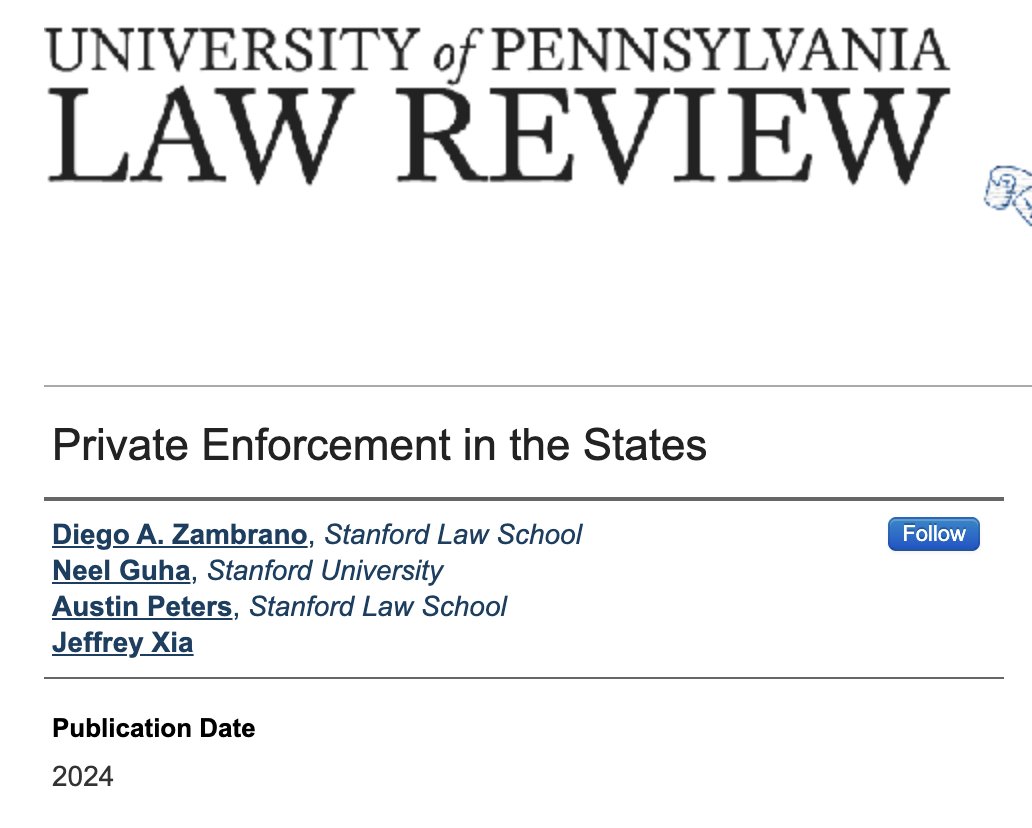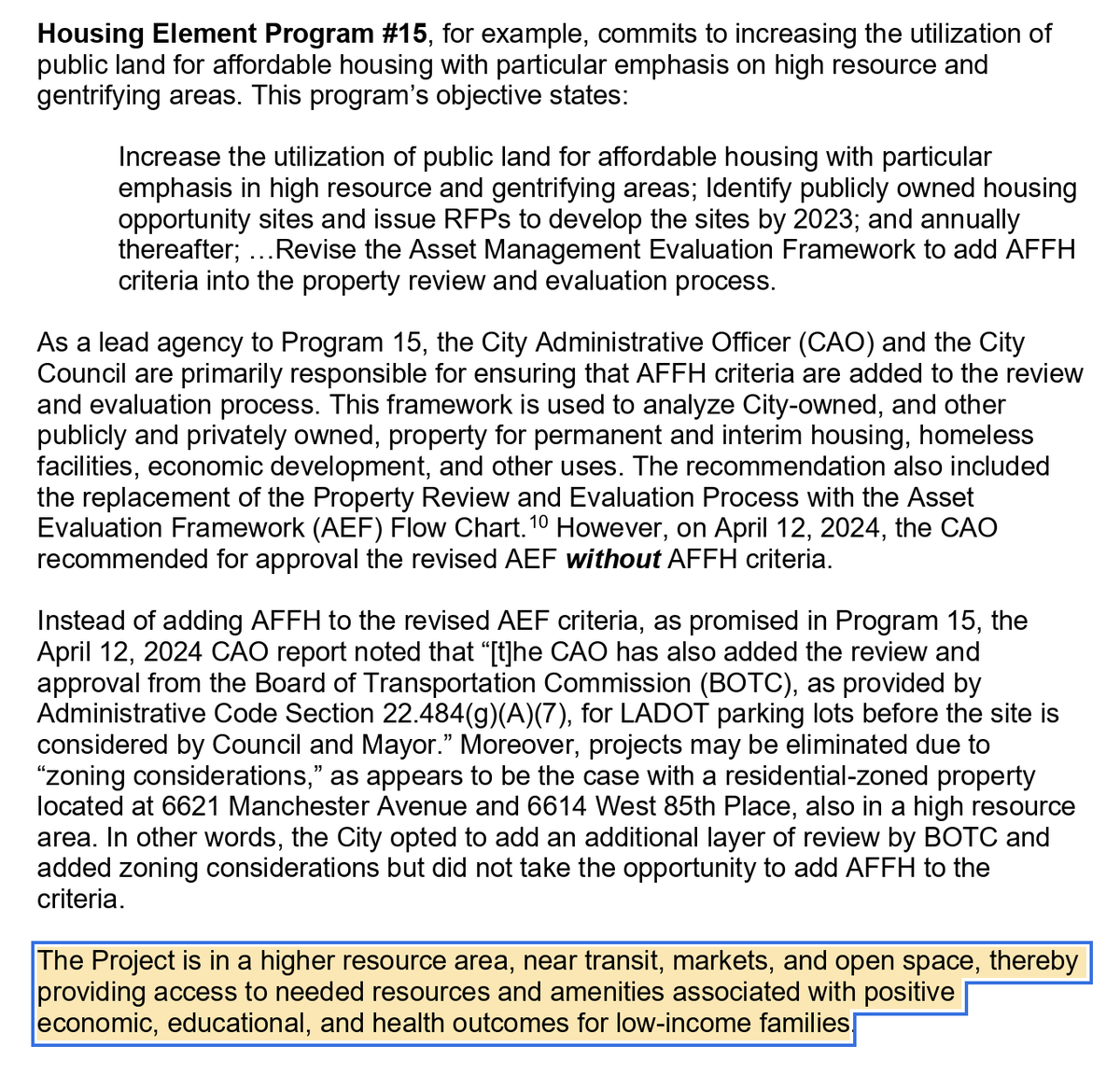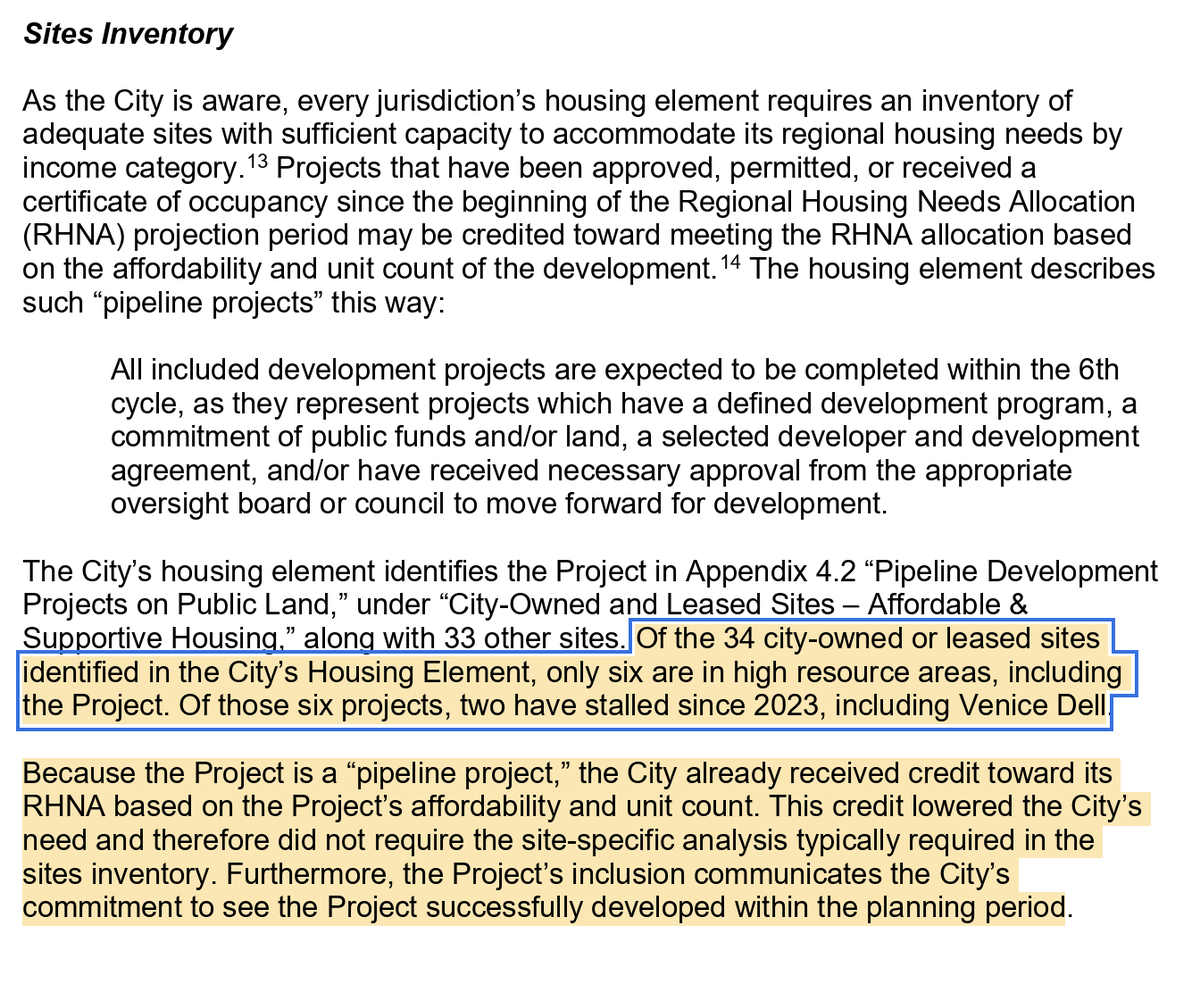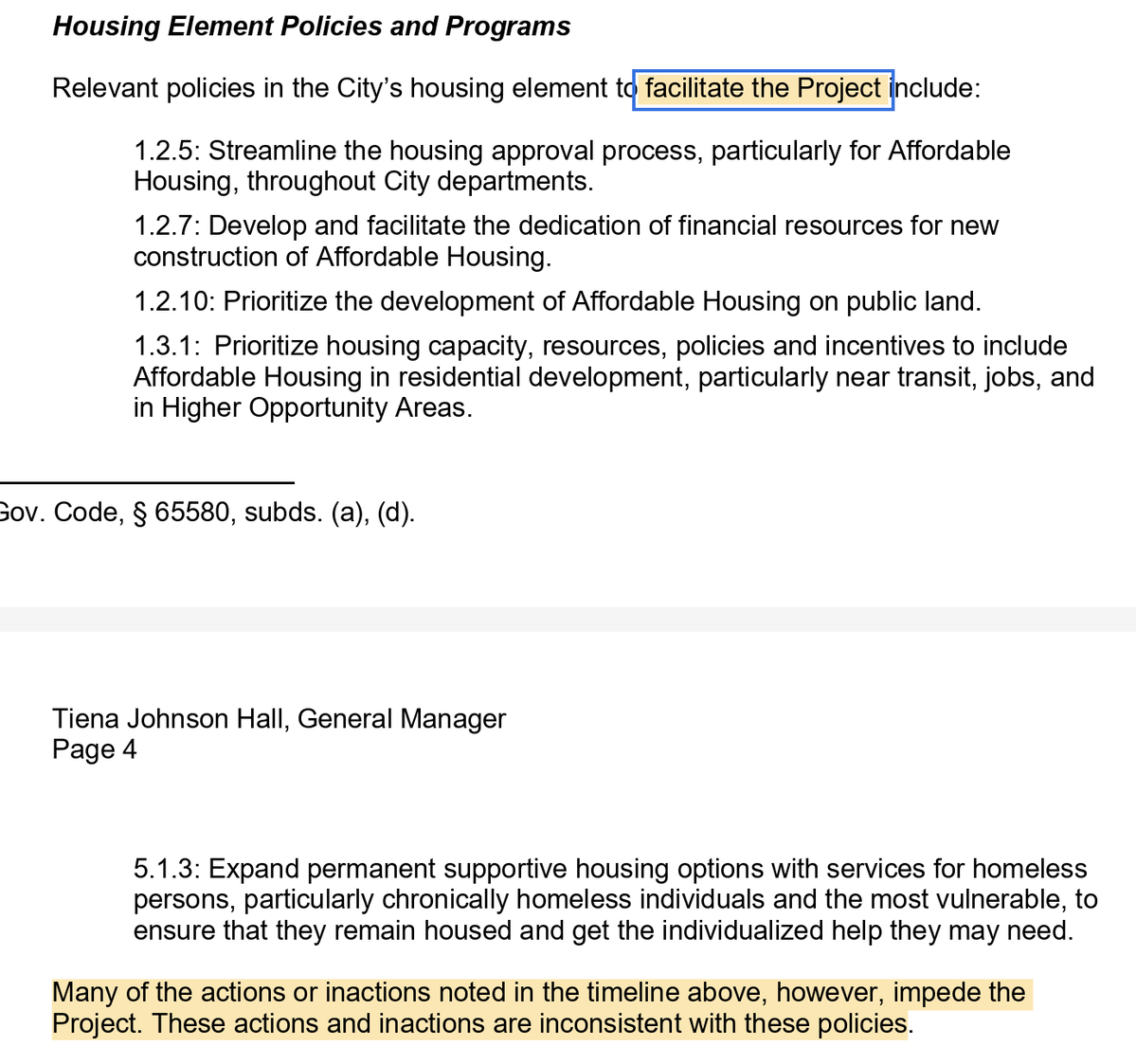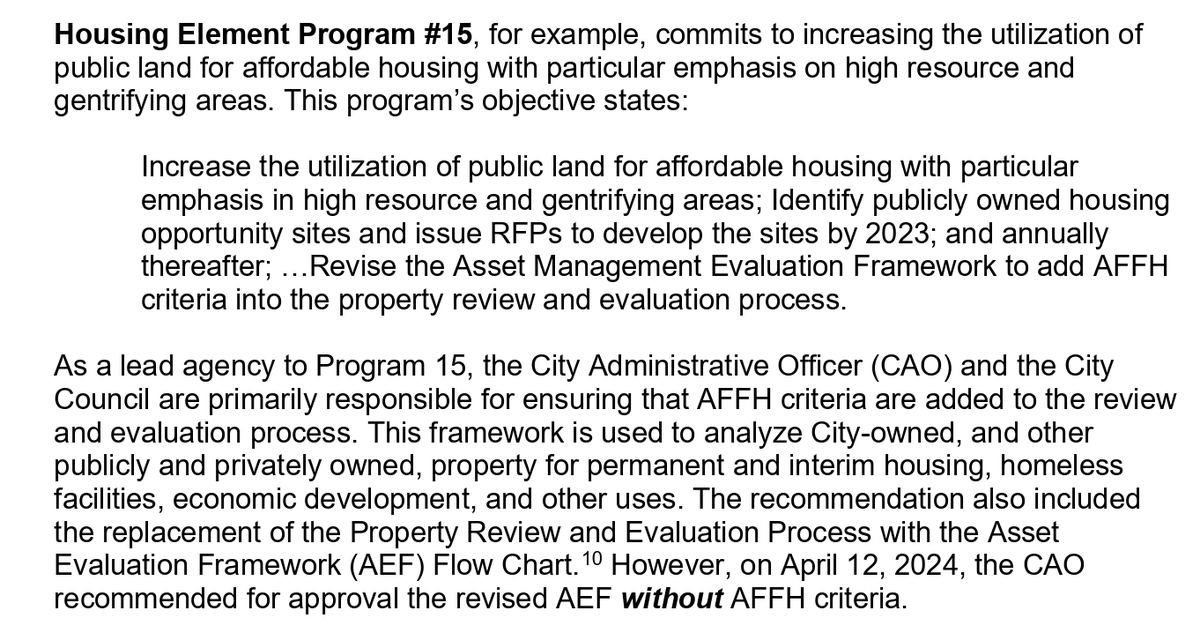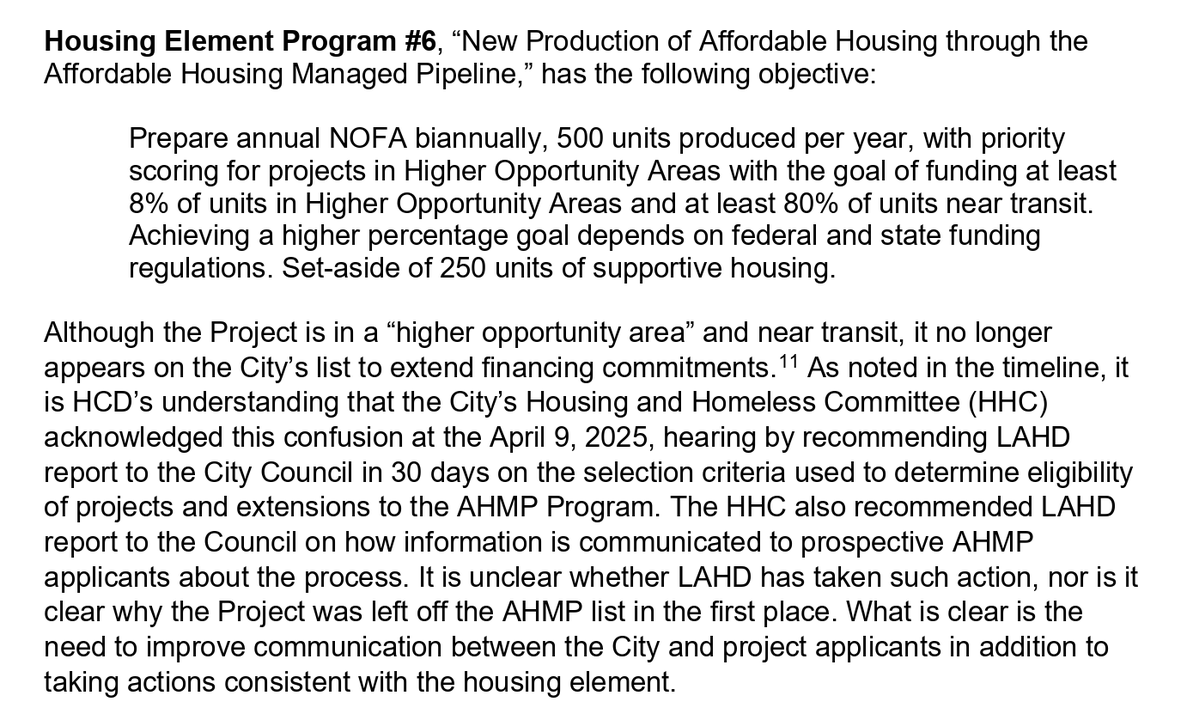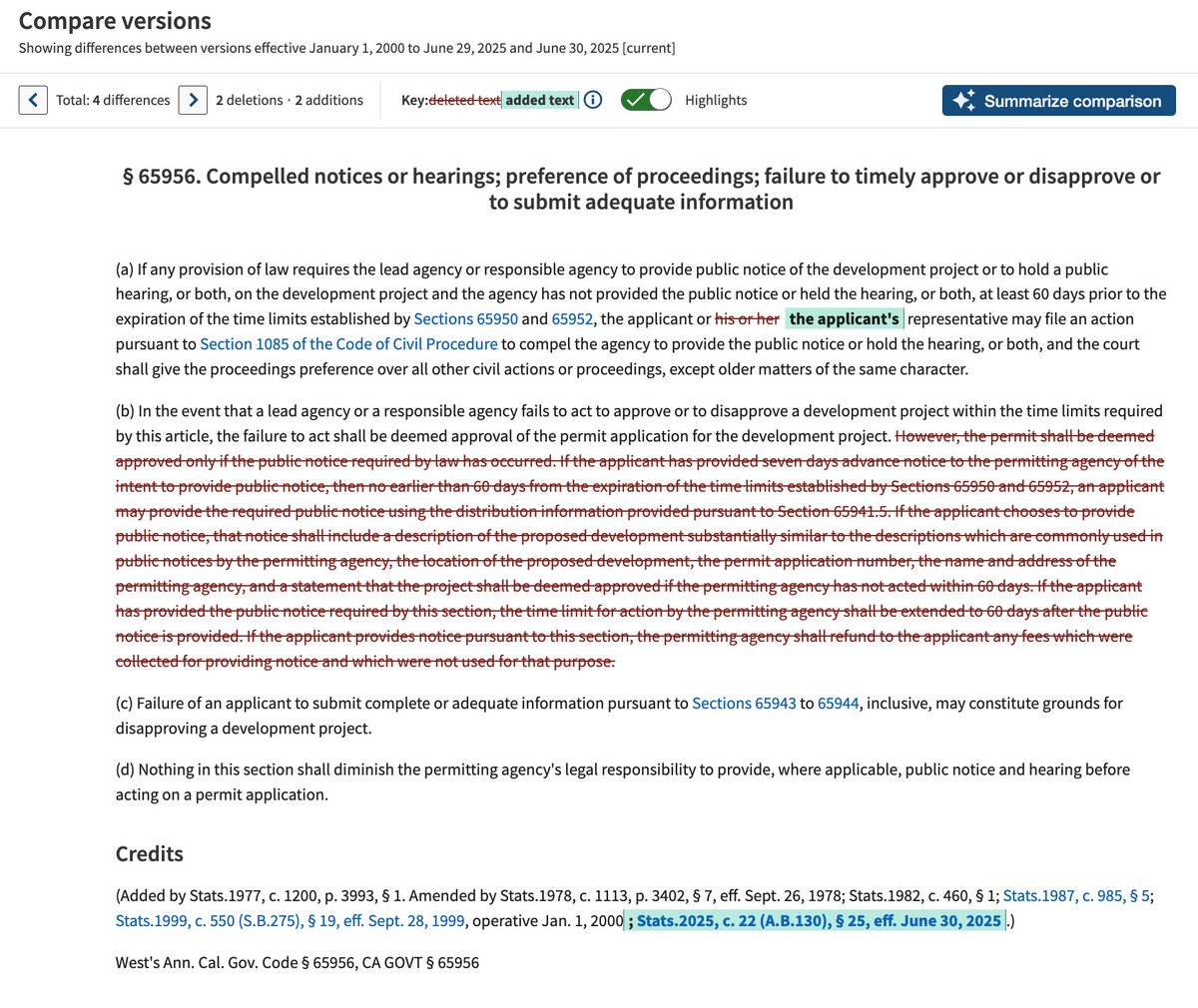SB 79 Thread #5.2: Advice for Leg, longer term.
tl, dr: I agree w/ @mnolangray that Leg should focus on (1) lowering construction costs, and (2) protecting incumbent tenants w/o blocking redevelopment on fair terms to tenants.
I also think (3) that...
1/25

tl, dr: I agree w/ @mnolangray that Leg should focus on (1) lowering construction costs, and (2) protecting incumbent tenants w/o blocking redevelopment on fair terms to tenants.
I also think (3) that...
1/25
https://twitter.com/CSElmendorf/status/1966910007141867675


Leg should probably try to accommodate the most passionate & deep-pocketed NIMBYs, who might otherwise bring the whole framework crashing down.
Worst case is a "Prop 13 for land use" ballot measure.
/2
Worst case is a "Prop 13 for land use" ballot measure.
/2
Short of a nuclear ballot-measure, NIMBY opposition to SB 79 could induce cities to pass local measures that hinder multifamily housing development across the board, not just SB 79 projects.
/3
/3
While SB 79 prevent local gov'ts from enacting development controls that discriminate against SB 79 projects, it doesn't bar local measures that impair development everywhere.
/4
/4

I'm particularly worried about new demolition controls, but NIMBY cities may also respond w/ higher IZ; infeasible minimum-density, min.-height & min.-amenity requirements (see: Texas); higher impact fees; costly building-material mandates; & more.
/5
texastribune.org/2025/09/03/tex…
/5
texastribune.org/2025/09/03/tex…
In CA, unlike TX, such evasive tactics will be checked by the Housing Crisis Act's "no backsliding relative to 2018" rule.
But it's not clear how far this limitation reaches, and city councils under pressure from NIMBYs may test the limits.
/6
But it's not clear how far this limitation reaches, and city councils under pressure from NIMBYs may test the limits.
/6
https://x.com/CSElmendorf/status/1967357940010205290
Extant "protections for NIMBYs" are a little weird.
If your lot is part of a subdivision w/ covenants that restrict development to SFHs, no SB 79 project can go up nearby. (In all likelihood, the covenants renew automatically every 30+ years.)
/7
If your lot is part of a subdivision w/ covenants that restrict development to SFHs, no SB 79 project can go up nearby. (In all likelihood, the covenants renew automatically every 30+ years.)
/7
But if your lot is not part of covenanted subdivision (generally true of older homes), you're "protected" against SB 79 projects only if you can persuade city council to landmark all the houses nearby -- or to pass demo controls or cost-prohibitive dev. standards.
/8
/8
I don't think this disparity between covenanted & non-covenants properties is warranted & I doubt it does a great job distinguishing the most NIMBY neighborhoods from n'hoods that are more tolerant.
(Covenants reflect age of subdivision, not current preferences.)
/9
(Covenants reflect age of subdivision, not current preferences.)
/9
To fix it, the Leg could:
- (1) make HOA covenants lapse if not affirmatively renewed by supermajority vote of homeowners once a generation;
- (2) give cities more leeway to remove parcels from SB 79 w/o pretextual landmarking or demo controls
/10
- (1) make HOA covenants lapse if not affirmatively renewed by supermajority vote of homeowners once a generation;
- (2) give cities more leeway to remove parcels from SB 79 w/o pretextual landmarking or demo controls
/10
E.g., Leg could authorize cities to prohibit SB 79 projects on (say) up to 25% of land area within SB 79 zones, while banning local demo controls in the rest of the SB 79 zones & requiring cities to reallocate the forgone density elsewhere.
/11
/11
Leg could also condition SB 79 exclusions on Houston-style opt-out petitions, to ensure that they respond to actual neighborhood concerns, rather than city councils projecting their own NIMBY ideology.
/12
worksinprogress.co/issue/houston-…
/12
worksinprogress.co/issue/houston-…
Leg could also soften NIMBY opposition by authorizing cities to ban street parking for residents of SB 79 projects, or to convert residents' street-parking permits into tradable property.
/13slowboring.com/p/can-we-nimby…
/13slowboring.com/p/can-we-nimby…
Any NIMBY accommodation should be paired with measures that strengthen SB 79 in the non-exempted areas. E.g.:
- ban local demo controls (as noted)
- cap local minimum density requirements
- clarify that for 7th cycle, SB 79 implementation ordinances & "Eckhouse plans"...
/14
- ban local demo controls (as noted)
- cap local minimum density requirements
- clarify that for 7th cycle, SB 79 implementation ordinances & "Eckhouse plans"...
/14
must, like a housing element, be approved by HCD or court to forestall direct implementation of GC 65912.157, x.com/CSElmendorf/st…
- authorize HCD to preempt local dev. standards that unreasonably impair the financial feasibility of SB 79 projects, x.com/CSElmendorf/st…
/15
- authorize HCD to preempt local dev. standards that unreasonably impair the financial feasibility of SB 79 projects, x.com/CSElmendorf/st…
/15
What about those other big cans of worms, tenant protections and the cost of building?
/16
/16
On tenant protections, I'd love to see a grand bargain where Leg enacts a rental registry (long opposed by @caanet) -- and requires tenant-buyout agreements to be registered -- in exchange for allowing redevelopment of any property s/t a duly registered buyout.
/17
/17
Leg could impose other procedural protections for tenants, e.g., notice of SB 330 rights prior to buyout, cooling off period, etc.
I also think Leg should authorize buyouts by supermajority vote of tenants, so that small minorities can't stymie tenant majorities.
/18
I also think Leg should authorize buyouts by supermajority vote of tenants, so that small minorities can't stymie tenant majorities.
/18
Tenant-protection law should prevent landlords from exploiting asymmetric info (e.g., about value of buyout or tenant rights), and cushion tenants against economic shocks, not lock bad land uses into place.
/19
/19
https://x.com/CSElmendorf/status/1974890922736599474
The anti-buyout status quo is lose-lose-lose: bad for current tenants, bad for future tenants, and bad for landlords.
The fact that a few advocacy orgs like it is a poor reason to maintain it.
/20
The fact that a few advocacy orgs like it is a poor reason to maintain it.
/20
Finally, the cost of building!
There's so much to be said about it but only 5 tweets left in this thread.
/21
There's so much to be said about it but only 5 tweets left in this thread.
/21
Big picture, I would love to see:
- Incorporation of the SB 35 / AB 130 labor deal into SB 423 & AB 2011, so that ministerial projects can be done w/ market-rate labor if project isn't a high-rise.
/22
- Incorporation of the SB 35 / AB 130 labor deal into SB 423 & AB 2011, so that ministerial projects can be done w/ market-rate labor if project isn't a high-rise.
/22
- Cost-benefit audits of building codes.
(@GavinNewsom issued a good exec directive about cost of building but I don't know that anything has come of it, )
/23
(@GavinNewsom issued a good exec directive about cost of building but I don't know that anything has come of it, )
/23
https://x.com/CSElmendorf/status/1818754922487431428
- Direct updating of the building code by the Legislature with respect to narrow, priority issues (e.g., single-stair, elevator size). As other states are doing!
/24
/24

- Replacement of impact fees & unfunded IZ mandates with parcel taxes.
(I'll be writing more about this soon so stay tuned.)
/end
papers.ssrn.com/sol3/papers.cf…
(I'll be writing more about this soon so stay tuned.)
/end
papers.ssrn.com/sol3/papers.cf…
@threadreaderapp unroll
• • •
Missing some Tweet in this thread? You can try to
force a refresh


